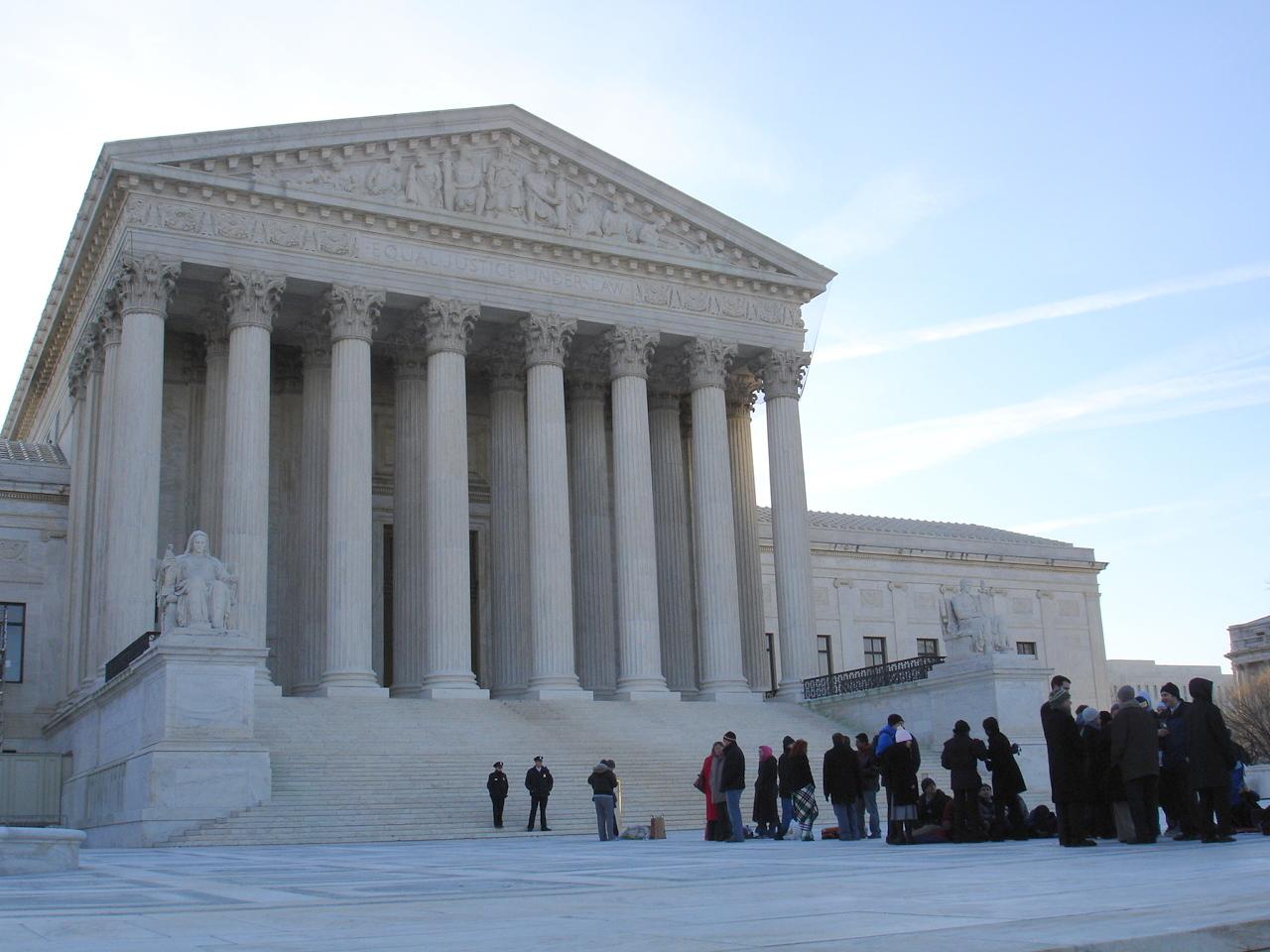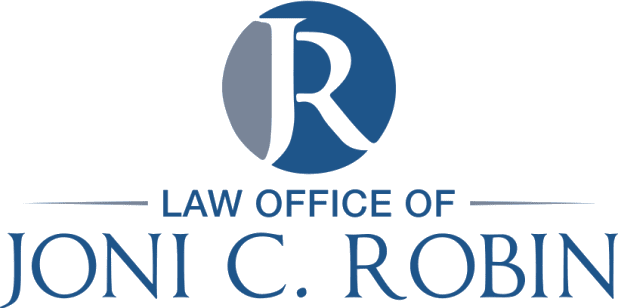THE ROBIN REPORT: A CRIMINAL DEFENSE BLOG

UNDERSTANDING THE CRIMINAL JUSTICE PROCESS
As a criminal defense attorney in Virginia, I understand that being charged with a crime can be an intimidating and overwhelming experience. If you’re facing criminal charges, it’s important to understand the steps involved in the process so that you can make informed decisions about your case. Here is a brief overview of the criminal justice system in Virginia and what you can expect if you are facing criminal charges.
Criminal Investigation
This is the first step in the criminal justice process. It typically begins when a law enforcement agency has reason to believe that a crime has been committed, but it does not yet have enough evidence (i.e. “probable cause”) to arrest someone for the crime. At this stage, police gather evidence and interview witnesses. They may also seek to interview the target of their investigation. If you are the target of a criminal investigation and have been contacted by police, consult an experienced criminal defense attorney who can help you to understand your rights and make informed decisions moving forward.
Charging a Case
This occurs once a law enforcement agency has reason to believe that a crime has been committed and probable cause to believe that a particular person is responsible. Depending on the seriousness of the alleged crime, the agency may consult with the prosecutor to determine what criminal charges to file and when. If the crime is a felony, the agency will also request an arrest warrant for the person suspected of committing the crime.
Arrest and Booking
If you are arrested, the police will take you into custody and transport you to the local jail or police station. You will be booked, which means the police will record your personal information and take your fingerprints and mugshot. It is important to remember that you have the right to remain silent and the right to an attorney.
Advisement/First Appearance
Commonly referred to as an “advisement” in state court or a “first appearance” in federal court, this is the first court appearance where you will be formally notified of the charges against you and the potential penalty. It is important to have an attorney present during this hearing to advise you and, if necessary, advocate for your release. If you have an attorney, the court will ask whether you plan to hire an attorney or request the court to appoint an attorney. If you are in jail, the judge will make a preliminary decision about whether to release you or continue to hold you in custody.
Pretrial Proceedings
Once a case has been charged, a defense attorney will play a critical role in the process. She will work to protect your rights and help ensure that you receive a fair trial. She will gather and review evidence, interview witnesses, litigate pre-trial motions, and negotiate with prosecutors to achieve a favorable result prior to trial.
Trial
If the case is not dismissed prior to trial and no plea agreement is reached, the case will proceed to trial. At trial, a defense attorney will cross-examine the prosecution witnesses, challenge the prosecution’s evidence, and may present evidence and testimony on your behalf. She will work to build a strong and persuasive argument, highlighting the weaknesses in the prosecution’s case and emphasizing the facts that support the your innocence.
Sentencing
If the case proceeds to sentencing, a defense attorney will prepare a presentation to advocate for alternatives to jail or for a minimal sentence permitted by law, depending upon the circumstances of each case.
This overview provides a general understanding of the criminal justice process. However, each case is unique, and the specific steps involved may vary. If you’re facing criminal charges, it’s important to work with an experienced criminal defense attorney who can guide you through the process, protect your rights, and increase your chances of a favorable outcome.
© 2023 Law Office of Joni C. Robin, PLLC.
